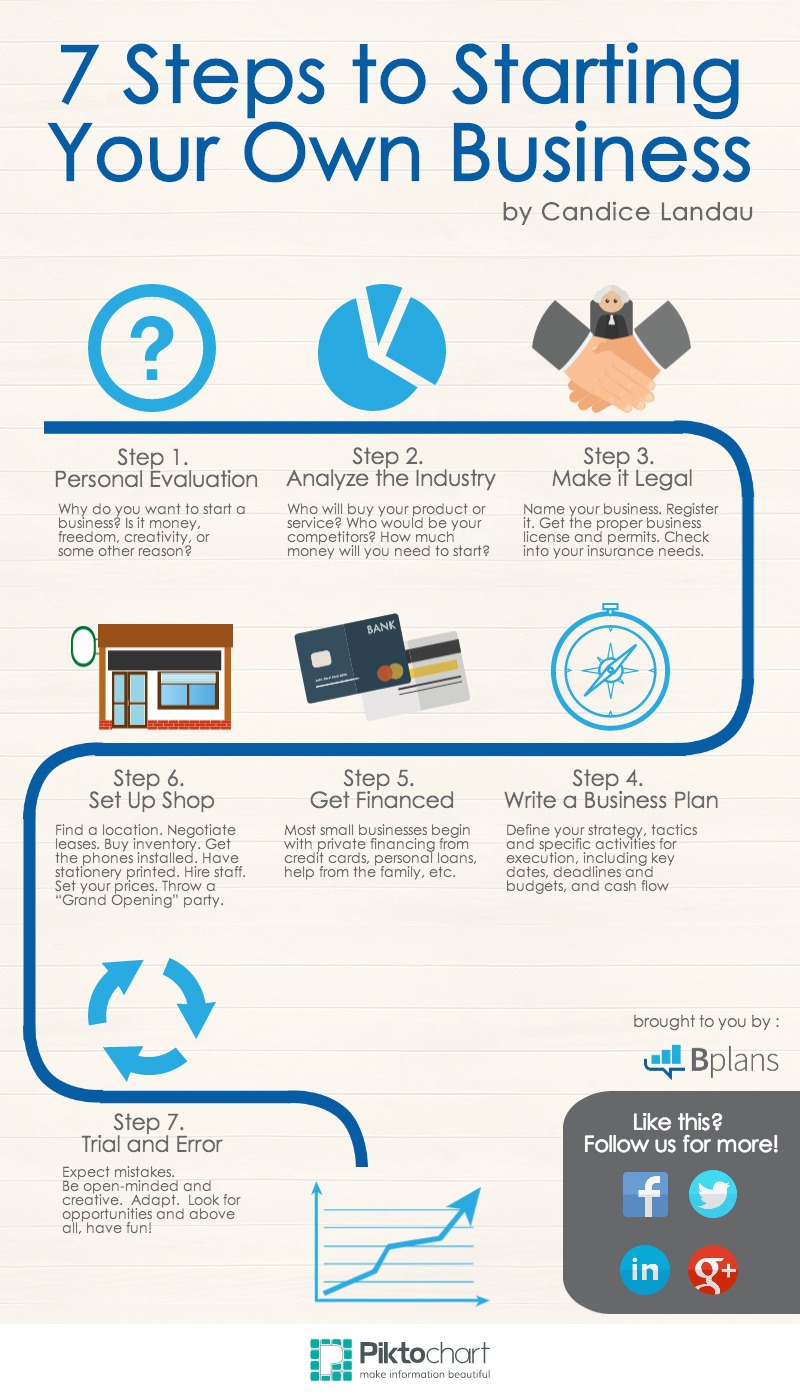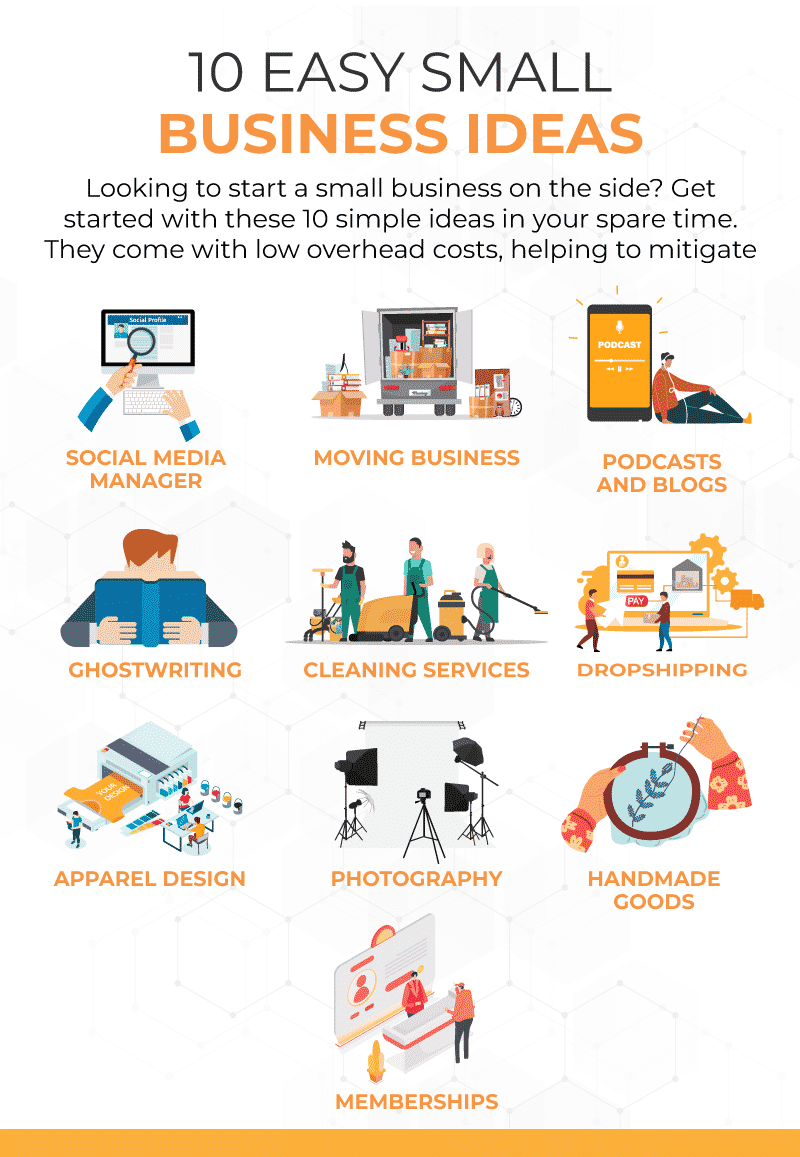How Easy Is It To Start Your Own Business

The allure of being your own boss, setting your own hours, and reaping the rewards of your hard work is a powerful draw for many. But the romantic vision of entrepreneurship often clashes with the gritty reality of launching and sustaining a business. How easy is it, really, to transform that dream into a thriving enterprise?
This question hinges on a multitude of factors, from access to capital and regulatory hurdles to market competition and individual skills. This article delves into the complexities of starting a business, exploring the challenges and opportunities that aspiring entrepreneurs face, drawing upon data and expert insights to provide a balanced perspective on this increasingly popular path.
The Initial Steps: A Minefield of Requirements
One of the first hurdles is navigating the legal and administrative landscape. The ease of this process varies dramatically depending on location and industry.
According to the World Bank's Doing Business report, some countries have streamlined the process of registering a new business down to a single day, while others require weeks of bureaucratic wrangling.
In the United States, the process generally involves choosing a business structure (sole proprietorship, LLC, corporation, etc.), registering the business name, obtaining necessary licenses and permits, and complying with federal, state, and local tax regulations. This can be a time-consuming and confusing process, particularly for first-time entrepreneurs.
Funding the Dream: Access to Capital
Securing funding is arguably one of the biggest challenges for startups. Many entrepreneurs rely on personal savings or loans from family and friends.
However, these sources are often insufficient to cover the costs of launching and scaling a business. Traditional bank loans can be difficult to obtain, especially for startups with limited or no operating history.
Venture capital is another option, but it is highly competitive, and only a small percentage of startups receive VC funding. The Small Business Administration (SBA) offers various loan programs to help small businesses access capital, but even these programs have specific eligibility requirements and application processes.
Market Competition and Innovation
Even with adequate funding and a solid business plan, entrepreneurs face the challenge of navigating a competitive market. Identifying a viable niche and differentiating your business from existing competitors is crucial.
Innovation is key to success in today's rapidly evolving business landscape. Businesses must be prepared to adapt and innovate to meet changing customer needs and emerging market trends.
Furthermore, understanding the target market and developing a strong marketing strategy are essential for attracting customers and building brand awareness.
"The best way to predict the future is to create it,"Peter Drucker famously stated, highlighting the proactive and innovative mindset required for entrepreneurial success.
The Role of Technology
Technology has significantly lowered the barrier to entry for many businesses. E-commerce platforms, social media marketing, and cloud-based software have made it easier and more affordable to start and operate a business.
However, technology also presents its own challenges. Businesses must stay up-to-date with the latest technological advancements and invest in the necessary tools and infrastructure to remain competitive.
Moreover, cybersecurity is a growing concern for businesses of all sizes. Protecting sensitive data and preventing cyberattacks is essential for maintaining customer trust and avoiding costly legal liabilities.
Personal Characteristics: Grit and Resilience
Beyond the practical challenges, the success of a business often hinges on the personal characteristics of the entrepreneur. Grit, resilience, and a strong work ethic are essential qualities for navigating the inevitable setbacks and challenges of starting a business.
Entrepreneurs must be able to handle stress, make tough decisions, and learn from their mistakes. Strong leadership skills are also important for building a team and motivating employees.
Many successful entrepreneurs emphasize the importance of perseverance and a willingness to embrace failure as a learning opportunity.
Looking Ahead: The Future of Entrepreneurship
Despite the challenges, the entrepreneurial spirit remains strong. The rise of the gig economy and the increasing availability of online resources have made it easier for people to pursue their entrepreneurial dreams.
However, the future of entrepreneurship is likely to be shaped by several factors, including technological advancements, changing consumer preferences, and evolving regulatory landscapes. The ability to adapt and innovate will be more critical than ever for entrepreneurs seeking to succeed in the years ahead.
While starting a business is undoubtedly challenging, the potential rewards – both financial and personal – can be significant. Success requires careful planning, hard work, resilience, and a willingness to embrace the unknown. The path to entrepreneurship is not easy, but for those with the passion and determination to succeed, it can be a deeply rewarding journey.









![How Easy Is It To Start Your Own Business How to Start a Business: A Startup Guide for Entrepreneurs [Template]](https://blog.hubspot.com/hs-fs/hubfs/tips-for-starting-a-business.png?width=1125&name=tips-for-starting-a-business.png)
![How Easy Is It To Start Your Own Business 10 Tips for Starting your Own Business [ Must Watch ] - YouTube](https://i.ytimg.com/vi/wxyGeUkPYFM/maxresdefault.jpg)




:max_bytes(150000):strip_icc()/starting-own-business-1200678-Final-edit-050e3ef116174733a310b081c943fb37.jpg)


